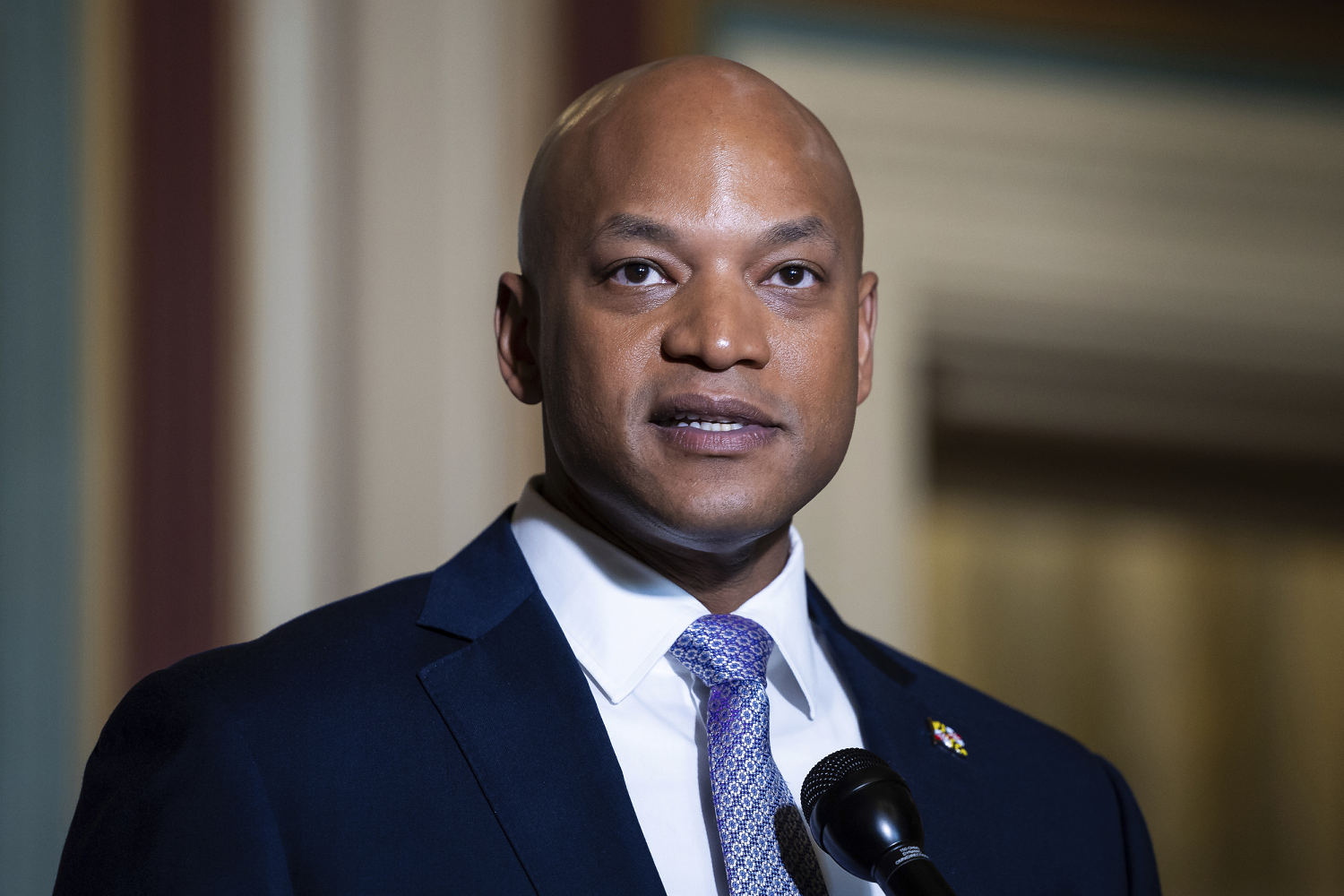Maryland governor announces pardons of more than 175,000 marijuana convictions


Maryland Gov. Wes Moore on Monday signed an executive order pardoning more than 175,000 marijuana convictions, the governor’s office said.
Moore signed the executive order in Annapolis with state Attorney General Anthony Brown in attendance.
An estimated 100,000 individuals will be affected by the pardons, the governor’s office said in a press call Monday morning.
The pardons include more than 150,000 misdemeanor convictions for simple possession of cannabis and more than 18,000 misdemeanor convictions for use or possession with intent to use drug paraphernalia, his office said.
The pardons reflect the number of convictions, with some individuals having more than one conviction pardoned through the executive order, the governor’s office said.
The executive order makes Maryland the first state in the U.S. to issue mass pardons on cannabis paraphernalia-related convictions, the governor’s office said. The state legalized recreational marijuana in 2023 after the passage of a constitutional amendment during the state’s 2022 legislative session.
“We cannot celebrate the benefits of legalization if we do not address the consequences of criminalization,” Moore said in remarks announcing the executive order on Monday. “So I want to be clear: When it comes to cannabis, rolling out one of the best and most equitable legal markets in the country is incredibly important. But that roll-out must go hand-in-hand with pardoning past conduct, and Maryland is going to lead by example.”
Moore’s administration said in a statement that it “is committed to promoting social equity and ensuring the fair and equitable administration of justice. Because the use and possession of cannabis is no longer illegal in the state, Marylanders should not continue to face barriers to housing, employment, or educational opportunities based on convictions for conduct that is no longer illegal.”
Pardons won’t result in the release of incarcerated individuals, and the pardons were completed through existing state resources, Moore’s office said.
After Moore signs the executive order, the state judiciary will update each individual electronic docket with an entry indicating that the cannabis-related conviction was pardoned by the governor, a process that could take about two weeks, his office said.
Moore’s order directs his administration’s Department of Public Safety and Correctional Services to implement a process to indicate a pardon on an individual’s criminal record, which could take about 10 months to complete, the governor’s office said.







